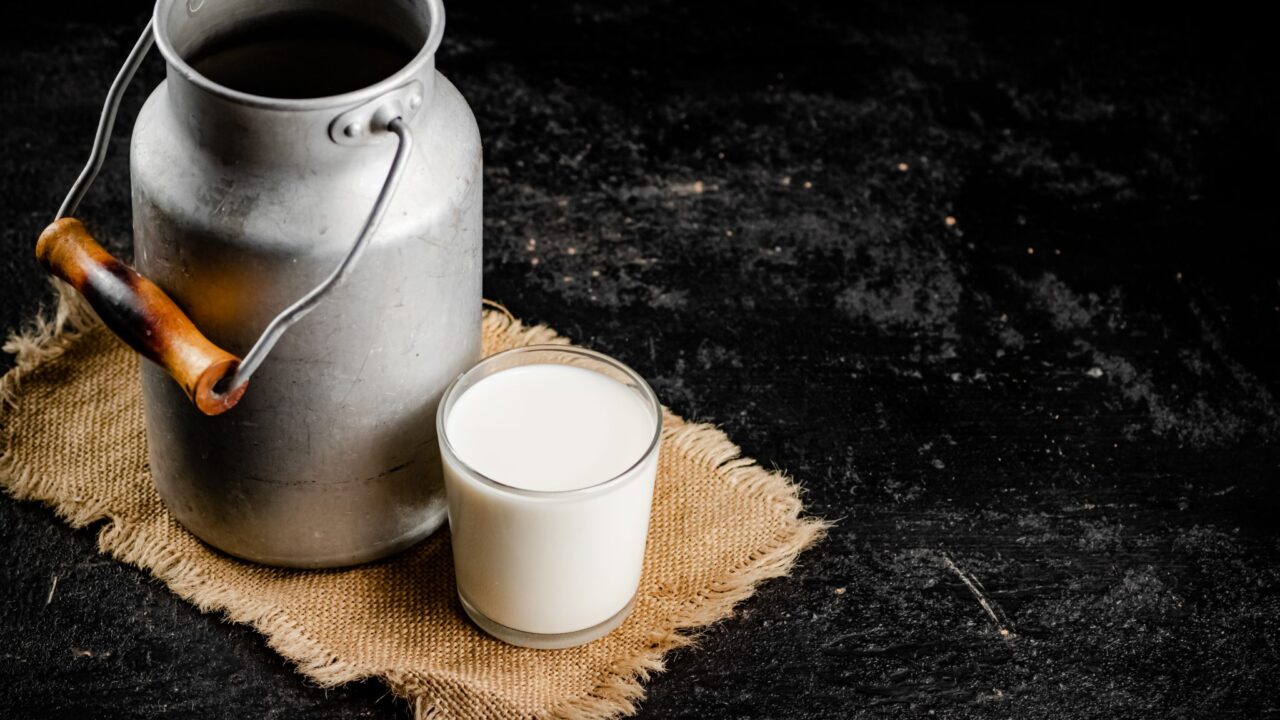The Florida Department of Health has confirmed that it is continuing to thoroughly investigate reported occurrences of E. coli, campylobacter, and other disease-causing bacteria “linked to a particular farm”.
There have been 21 cases of campylobacter and Shiga toxin-producing E. coli (STEC), including seven hospitalisations.
The department has reiterated that raw milk can only be sold for non-human consumption in Florida, and that there are known risks associated with human consumption of raw milk.
Raw milk
Raw milk is milk from cows, sheep, goats, or other animals that has not been pasteurised, a heat-treating process that destroys potentially harmful bacteria.
According to the Department of Health in Florida, consumers have reported benefits of raw milk consumption, including better taste and protective effects for asthma and allergies.
In Florida, raw milk can only be sold for non-human consumption as pet or animal food, which limits regulation efforts of sanitary practices.
Containers must have a label clearly stating that the raw milk is for animal consumption only.
Floridians have been advised to be aware of potential risks associated with consumption, which may vary depending on the source of milk.
The producer’s handling of raw milk and milking procedures are vital in prevention of contamination, according to the department.
Many people consume raw milk safely. However, raw milk can contain disease-causing bacteria, such as campylobacter, E. coli, listeria, salmonella, and others.
These bacteria can cause gastrointestinal illness, including diarrhoea, vomiting, and stomach cramps.
Florida
Due to continued recent cases of campylobacter and STEC infections linked to a particular farm, the Department of Health in Florida has been providing information to help people in the state make informed decisions about their health.
Sanitation practices on the farm are of particular concern due to the number of cases, according to the department.
There have been 21 cases, including six children under the age of 10, and seven hospitalisations linked to consumption of raw milk from the same farm.
Severe complications have been reported for at least two cases.
STEC bacteria in its most severe form can result in hemolytic uremic syndrome, which is characterised by hemolysis and kidney failure, which is of particular concern for children.
Groups at higher risk for severe illness include infants and young children, pregnant women, elderly individuals, and those with weakened immune systems.

